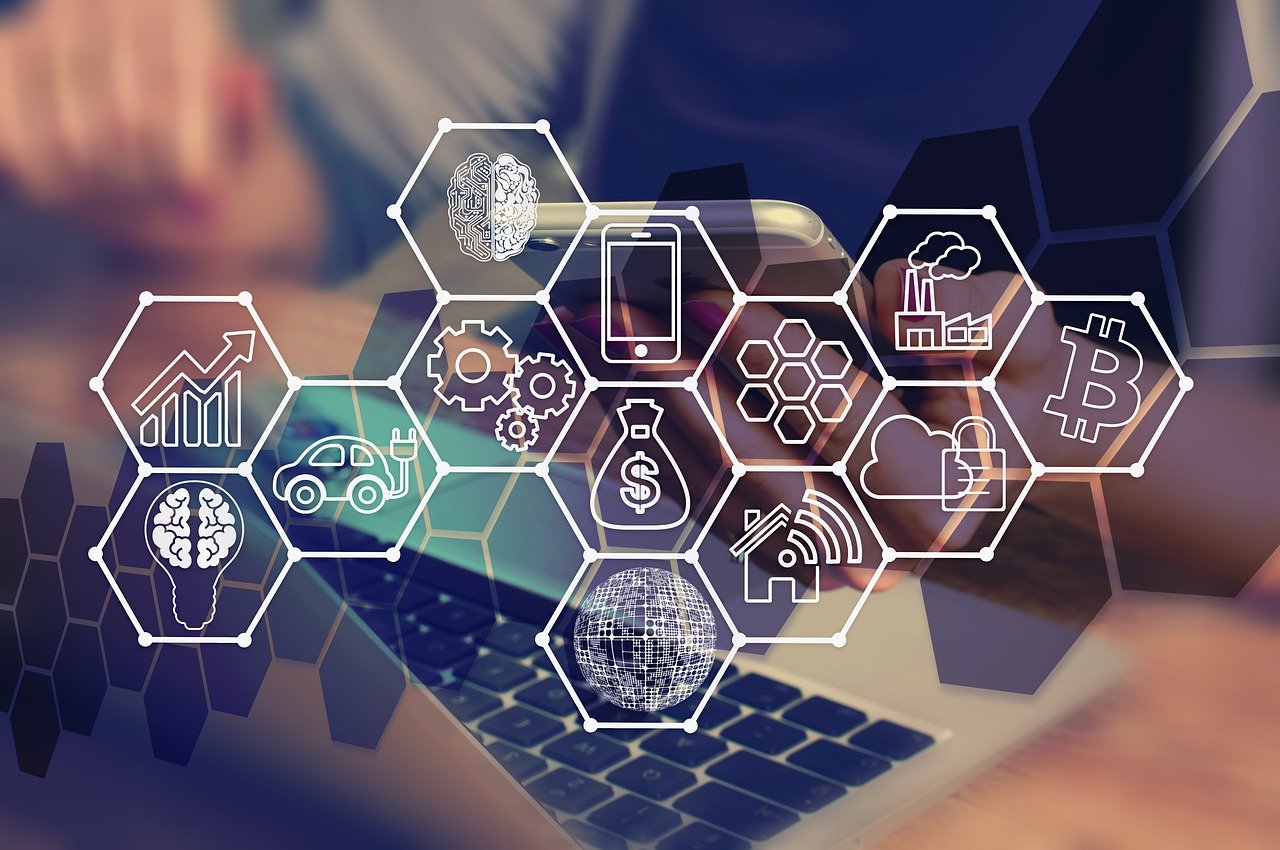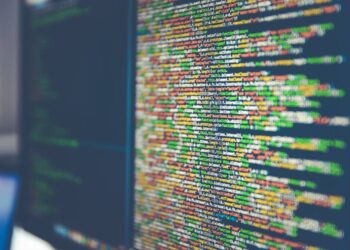Next in our race to build autonomous technology is artificial intelligence. Pressure is mounting on procurement to change. Our purchasing habits are shifting as a result of digitalization, artificial intelligence (AI), and changes in the workplace.
As a result of financial technology, algorithms may speed up a variety of activities, from lending to accounting to investing.
It was formerly just an ordering function, but now procurement serves as a hub for all company spending. The digital economy is offering new possibilities for supply management experts to contribute to strategy, accelerate innovation, and decrease risk. Traditionally, procurement was responsible for purchasing products and services at the lowest possible price.
What is not a Procurement AI system?
Despite all the hype and misconceptions, artificial intelligence has a lot of potential. When it comes to Procurement, AI isn’t a chrome or plastic-plated sentient entity as you see in movies. As a new team member, it should neither be viewed as a replacement for human Procurement experience, nor should it be regarded a new source of savings. AI is not a magic wand that can be used to fix Procurement’s issues.
How does AI work?
In order to have a better understanding of artificial intelligence, we first need to go back to the basics. An autonomous computer system that can make choices on its own, following complex algorithms, but also absorbing information from many sources, is the goal of this technological achievement.
Trial and error is one of the ways in which artificial intelligence grows better at a particular activity. So that it can respond to various tasks, the system will be taught a few fundamental parameters.
Artificial intelligence may also use external sources to enhance its decision-making abilities. You may imagine, for example, a software that is meant to channel a company’ spending towards payment options that would bring in the maximum revenue for them.
Based on the information obtained from the financial organizations who issue these instruments, this system may be taught to rank and classify them based on their rewards, and then choose the best option.
AI and the control of expenditures
Spend management software may benefit from artificial intelligence, as I discussed in an earlier section of the paper.
It’s not the only way AI can improve these systems, but it’s one of many possibilities.
Procurement and Artificial Intelligence
When it comes to dealing with vast volumes of data, AI excels at addressing difficult issues with well defined success metrics. According to a recent research conducted by Harvard Business Review and Deloitte, AI will have the most impact on these major business domains. Even if every business has its own unique set of issues and possibilities, procurement may benefit greatly from the application of artificial intelligence (AI).
Using an internet-connected device, a corporation may quickly search the web for the cheapest prices on various products. This is what we mean by “automated procurement.” If the system is given with the information it needs to examine the technical specifications and other essential characteristics of the items it will be purchasing, this might go from staples to raw materials.
In procurement, machine learning (ML) is the most direct use of AI. Automated procurement procedures, such as RPA, will naturally give way to this new technology.
As a result, procurement companies often have difficulty using machine learning effectively. The term “machine learning in procurement” is widely misunderstood. ML fans consider any sophisticated statistical methods to be ML, while many software providers use imagery of human-like robots to promote their products.
Keep in mind that any procurement AI deployments will require the assistance of procurement specialists. Your Procurement team’s knowledge should not be replaced by artificial intelligence, but rather supplemented by it. Make the most of both human and machine intelligence by becoming an advocate for change.














